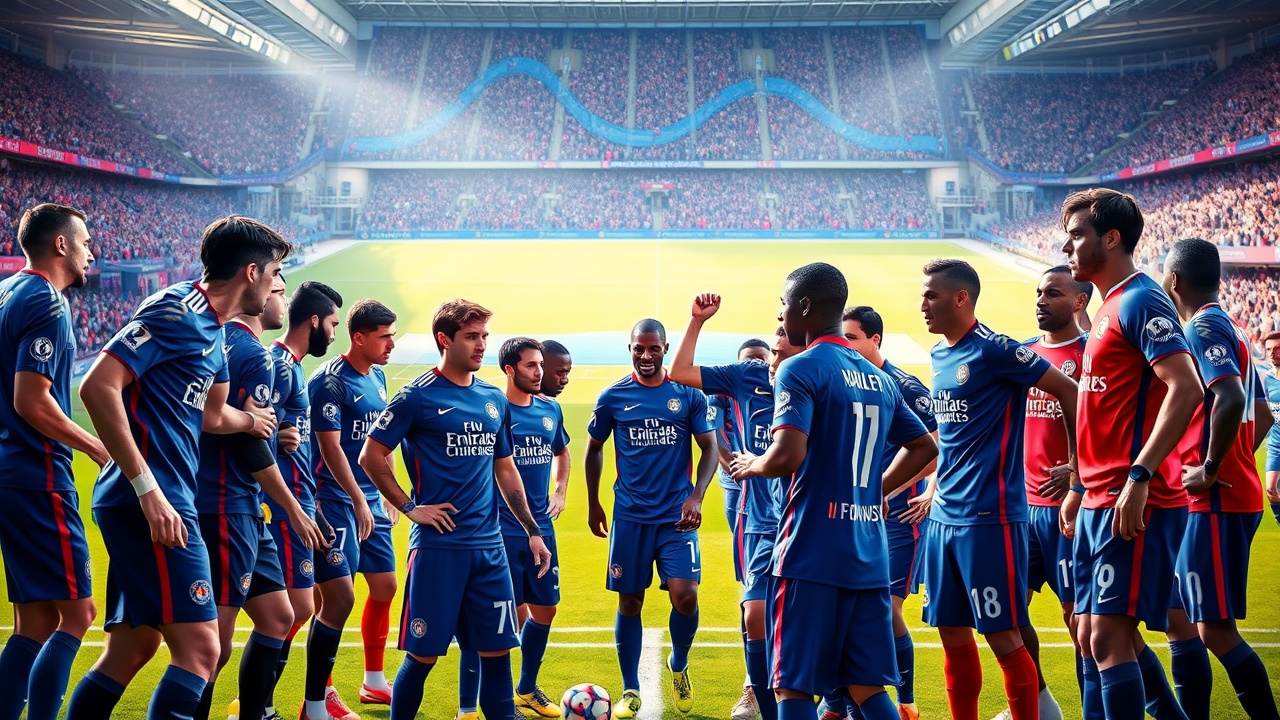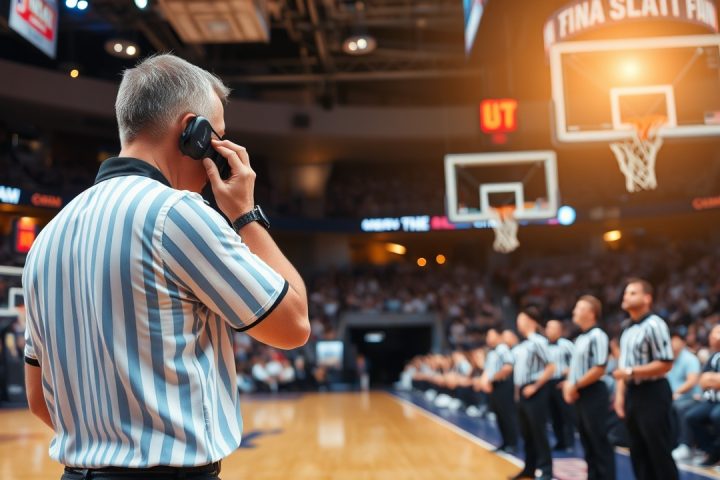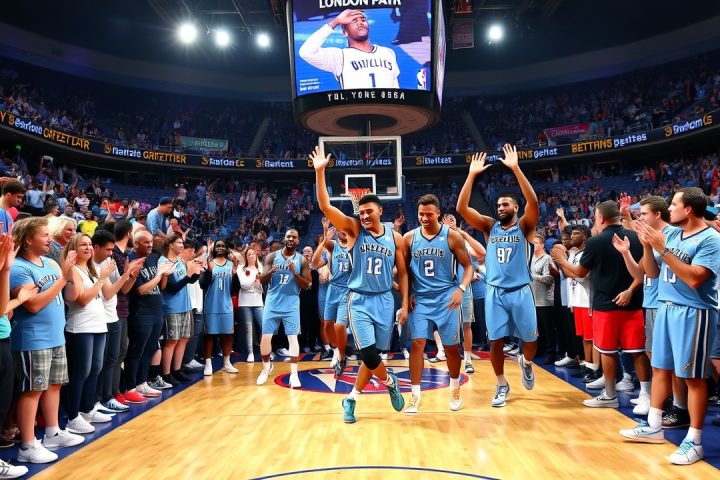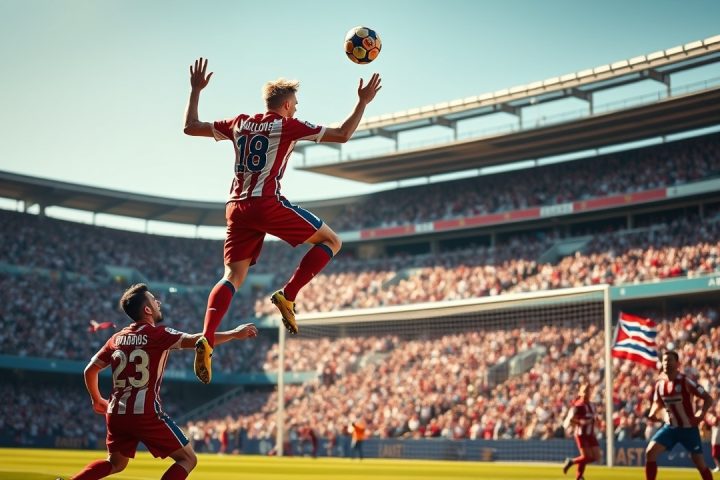The 2023 FIFA Club World Cup: A Financial Extravaganza
The 2023 FIFA Club World Cup has turned the spotlight on the lucrative nature of football, with President Donald Trump’s presence at the trophy ceremony symbolizing that extravagance. His reluctance to vacate the stage after Chelsea’s victory left players and spectators puzzled, yet it underscored the eye-popping financial backdrop of the tournament, which has distributed a staggering $1 billion (£744 million) in prize money across 32 contenders this summer.
Chelsea’s Triumph and Financial Gains
Chelsea’s final triumph over Paris Saint-Germain not only secured the club $30 million just for reaching the match, but their 3-0 victory added another $10 million to their coffers. Ultimately, Chelsea’s participation in the tournament has resulted in an estimated total financial boost of $114.6 million (£84.5 million) for the club, marking a significant payday for their players in the form of bonuses. Their chairman, Todd Boehly, was visibly pleased alongside Trump, highlighting the broader factors at play beyond just football.
Financial Disparities Among Clubs
Paris Saint-Germain also made headlines in the financial rankings, joining Chelsea as one of only two clubs to break the $100 million mark in earnings from the tournament. Meanwhile, semi-finalist Real Madrid raked in $82.5 million, reinforcing their status as one of football’s elite. However, a staggering $623.1 million of the total prize fund went predominantly to 12 European teams, raising eyebrows about the tournament’s supposed potential for financial fairness.
Among the clubs earning the most this summer, six of the top seven hailed from UEFA, a clear reflection of the financial divide in global football. While Brazilian club Fluminense made a notable run to the semi-finals, yielding $60.8 million—82% of their estimated annual revenue—the stark contrast in earnings illustrates the growing inequalities. Fluminense ranked only sixth among Brazilian clubs last year, yet this financial windfall could help bolster their domestic ambitions. However, the accumulation of wealth remains a challenge, as traditional powerhouses Flamengo and Palmeiras also earned substantial sums at $27.7 million and $39.8 million respectively.
South American Clubs and Their Earnings
Across the border in Argentina, Boca Juniors and River Plate‘s struggles continued with a mere combined total of $5 million earned, highlighting the financial disparities even further, especially since these two clubs boast significant histories in South American football. Despite the lower earnings, the six South American representatives collectively brought in $190.5 million, positioning CONMEBOL as the second highest-earning confederation this summer.
UEFA’s Dominance and Future Concerns
Analyses reveal that UEFA clubs benefited the most, averaging over $50 million each, even though certain clubs like Atletico Madrid and Porto failed to progress beyond the group stage. Meanwhile, clubs from Concacaf, CAF, AFC, and OFC collectively earned just $186.4 million, significantly less than UEFA’s haul. Within this context, only three clubs outside of European elites progressed to the knockout stages, showcasing a stark reality for many.
Though Fluminense’s financial gains are remarkable, there remains considerable concern that cash infusions like those from the Club World Cup may only serve to widen the gap between top and lower-tier clubs. In Brazil, enhanced ownership rules have granted clubs more purchasing power, creating both opportunities and potential pitfalls.
Travel Challenges and Future Implications
As clubs journeyed to the United States for the tournament, travel expenses posed significant challenges, particularly for lesser-known teams such as Auckland City, who suffered heavy defeats yet managed to make enough revenue to fund vital local initiatives back home. Moving forward, Chelsea’s additional revenue could ease their recent financial struggles, especially as they aim to comply with UEFA’s fiscal guidelines. Thus, the outcomes of this summer’s tournament will surely reverberate across the football landscape for years to come.




